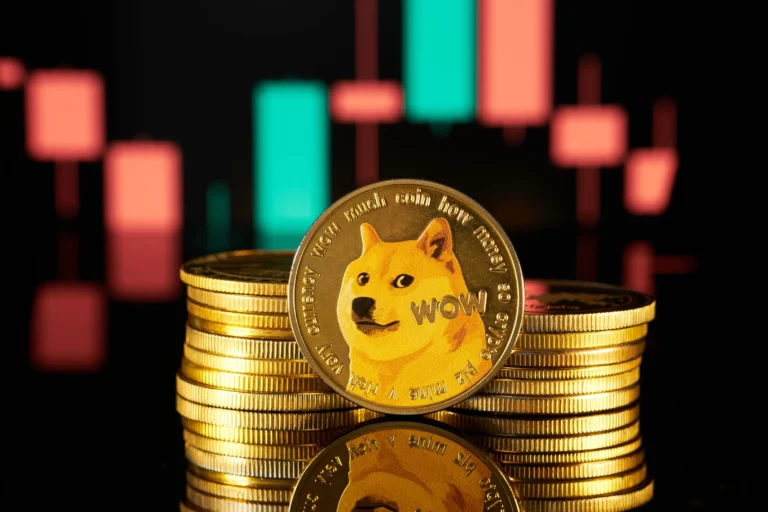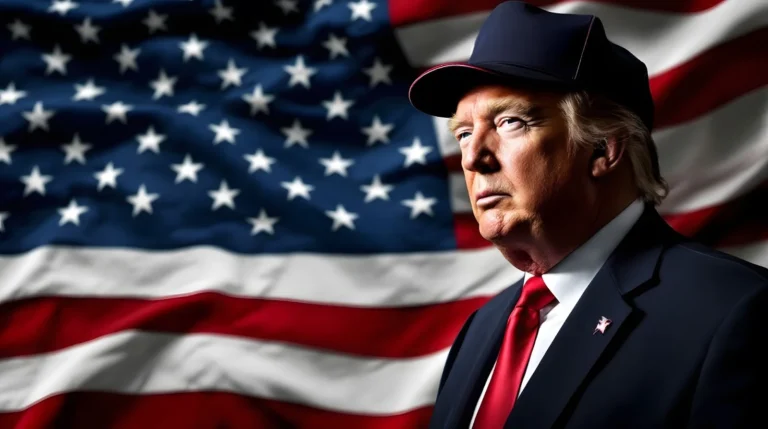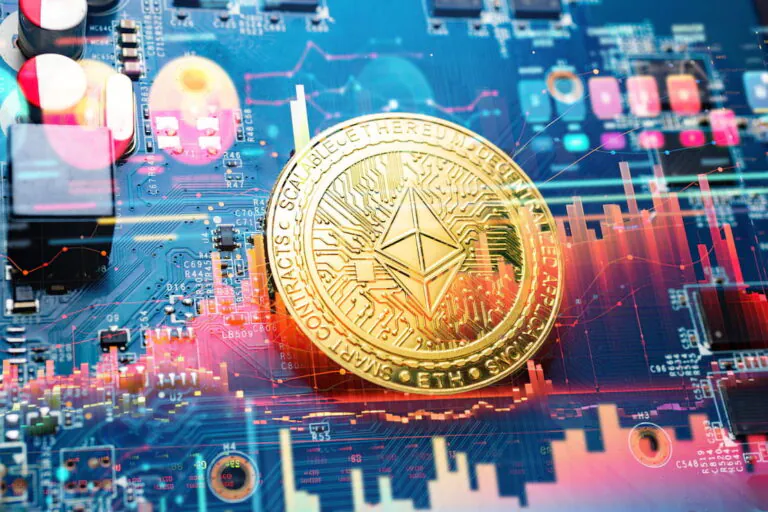Dogecoin (DOGE) with the image of a Shiba Inu dog called Kabosu as its logo, is one of the most popular and successful memecoins. It is considered an altcoin and was launched in December 2013.

The US plans to digitize the dollar
Digital currency (or electronic currency) is an alternative money. Most often, electronic currencies are directly proportional to their physical counterparts, while some digital currencies exist exclusively in a virtual format, a vivid example of which are cryptocurrencies.
Why do we need digital money?
Digital currencies have never been so popular and in demand as they are now. The global epidemic of Covid-19 has actually moved the whole world to the “online” mode and adapted it to the purchase of goods and services using electronic payments.
The global economy has collapsed, as a result of which, at the moment, it is in urgent need of excluding intermediaries such as Visa, Mastercard, etc. and creating its own tool for making quick payments. To date, there is information that about 20% of all central banks are thinking about introducing their own national digital currencies in the next few years.
The advantages of digital currency at the national level are as follows:
- Easing the impact of sanctions.
- Reducing the threat of boycotts.
- Elimination of intermediaries and savings.
- Adaptability to current economic conditions.
Digital dollar – what is it?
The principles outlined above were also guided by the US central bank, which decided to introduce a digital dollar.
The digital US dollar is a fully electronic format of the national fiat currency. The digital US dollar will expand the scale, access, diversification and sustainability of dollar payments.
At the end of March 2020, the news spread around the world that the Digital Dollar Foundation announced the creation of a group of 22-member advisors who will be tasked with developing a framework for creating a digital currency of the US Central Bank.
On April 1, 2020, the composition of the advisory group was announced. In total, 25 advisors will take part in the project. The team working on the creation of a digital dollar based on blockchain includes various businessmen, economists, experts in banking, scientists, security experts, specialists in the protection of property rights and privacy, and even anti-money laundering specialists.
The project is the brainchild of former Commodity Futures Trading Commission Chairman Chris Giancarlo, former Commodity Futures Trading Commission Innovation Director Daniel Gorfin, and Pure Storage CEO Charles Giancarlo, who actually created the non-profit organization Digital Dollar Foundation.
Chris Giancarlo, founder of the project, believes – “The ideas and experience of the new members of the advisory group will help the dollar become a more efficient and smart currency in the context of the digitalization of the global economy.”
The next in line will be the release of the whitepaper, it will contain the main elements and the proposed advantages of the digital form of the dollar. The digitization of the US dollar has even begun to take the first steps towards legalizing the digital dollar. The US Democratic Party has already submitted a bill to issue a digital dollar.
But there is one significant “but” in the bill – the Democrats of the House of Representatives are not trying to create a cryptocurrency or introduce blockchain into the American financial system. According to the proposal, digital dollars will exist in a “digital dollar wallet”.This significantly calls into question the digital dollar on the blockchain and fundamentally changes the primary intent. The digitization of the dollar meant that a digital currency would appear in the United States, which would not only use a digital wallet, but also a blockchain system, which would exclude the possibility of fraud.
The bill says – “Banks with total consolidated assets exceeding $10,000,000,000 must immediately offer individuals the opportunity to use the digital dollar and apply for the use of end-to-end digital dollar wallets.”
According to preliminary data, such wallets will not be subject to additional fees. And member banks will be reimbursed quarterly for expenses incurred when offering such wallets. No later than January 1, 2021, all Federal Reserve banks must provide digital wallets to U.S. citizens and legal entities that operate in the United States.
Digitization of the US dollar would make e-commerce markets more profitable and efficient for consumers. The digital US dollar is the provision of great autonomy in a difficult economic situation, it is a new choice of digital transactions, instant peer–to-peer payments and diversification of payment orders.
Recall that the Digital Dollar is no longer needed: cryptocurrency and blockchain news
Start your crypto exchange with Coin24

Exchange BTC, ETH, USDT and more — cash or card

Secure and fast crypto exchange since 2018



